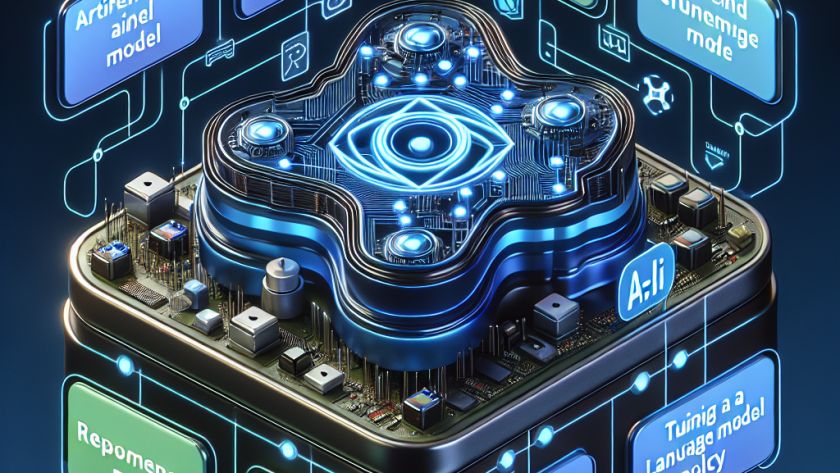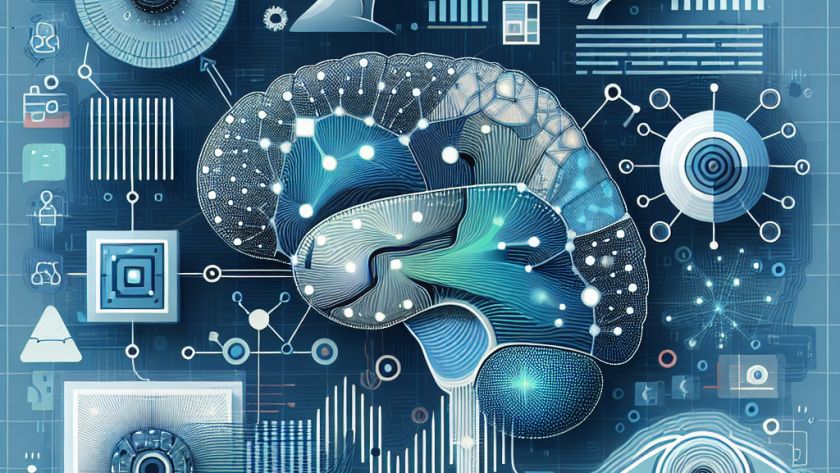


Machine Learning (ML) and Artificial Intelligence (AI) are fields that have made significant progress due to the use of larger neural network models and training these models on massive data sets. This progression has occurred through data and model parallelism techniques and pipelining methods, which distribute computational tasks across multiple devices at the same time.
Despite…

Researchers from several esteemed institutions, including DeepWisdom, have launched a groundbreaking tool for data science problem-solving called the Data Interpreter. This solution leverages Large Language Models (LLMs) to address intricate challenges in the field of data science, marking a novel approach to navigating the vast and ever-changing data world. The Data Interpreter was conceived through…

GitHub, a popular platform that provides hosting for software development and version control using Git, recently launched its code scanning autofix feature, a significant development in the world of digital security. Available to all GitHub Advanced Security customers, the new feature merges GitHub's Copilot real -time support with the analytical abilities of its semantic code…

Optical flow estimation aims to analyze dynamic scenes in real-time with high accuracy, a critical aspect of computer vision technology. Previous methods of attaining this have often stumbled upon the problem of computational versus accuracy. Though deep learning has improved the accuracy, it has come at the cost of computational efficiency. This issue is particularly…

Reinforcement Learning from Human Feedback (RLHF) is a technique that improves the alignment of Pretrained Large Language Models (LLMs) with human values, enhancing their usefulness and reliability. However, training LLMs with RLHF is a resource-intensive and complex task, posing significant obstacles to widespread implementation due to its computational intensity.
In response to this challenge, several methods…

Software Engineering teams often face significant challenges in managing observability costs and handling incidents, especially when there is a high pace of development. Such difficulties often lead to expensive errors due to inefficient code instrumentation. Additionally, on-call engineers frequently face challenges in incident mitigation, mainly due to the dependence on tribal knowledge and expertise with…

OpenAI’s development of GPT-5 has garnered considerable interest in the tech community and business sector due to its predicted enhancements over the previous iteration, GPT-4. Notably, GPT-4 made considerable strides toward human-like communication, logical reasoning, and multimodal input processing.
As revealed in Lex Fridman's podcast with Sam Altman, GPT-5 is expected to further advance these…

Enhancing Large Language Models (LLMs) capabilities remains a key challenge in artificial Intelligence (AI). LLMs, digital warehouses of knowledge, must stay current and accurate in the ever-evolving information landscape. Traditional ways of updating LLMs, such as retraining or fine-tuning, are resource-intensive and carry the risk of catastrophic forgetting, which means new learning can override valuable…

Microsoft is taking significant steps to more deeply incorporate artificial intelligence (AI) into the workplace. They have introduced an array of new plugins, collectively known as Copilot, which aim to enhance the user experience across its Office suite of products, including Word, Excel, PowerPoint, and Outlook.
The new plugins, which essentially function as a ChatGPT for…

The field of large language models (LLMs), a subset of artificial intelligence that attempts to mimic human-like understanding and decision-making, is a focus for considerable research efforts. These systems need to be versatile and broadly intelligent, which means a complex development process that can avoid "hallucination", or the production of nonsensical outputs. Traditional training methods…

KAIST AI's introduction of the Odds Ratio Preference Optimization (ORPO) represents a novel approach in the field of pre-trained language models (PLMs), one that may revolutionize model alignment and set a new standard for ethical artificial intelligence (AI). In contrast to traditional methods, which heavily rely on supervised fine-tuning (SFT) and reinforcement learning with human…
